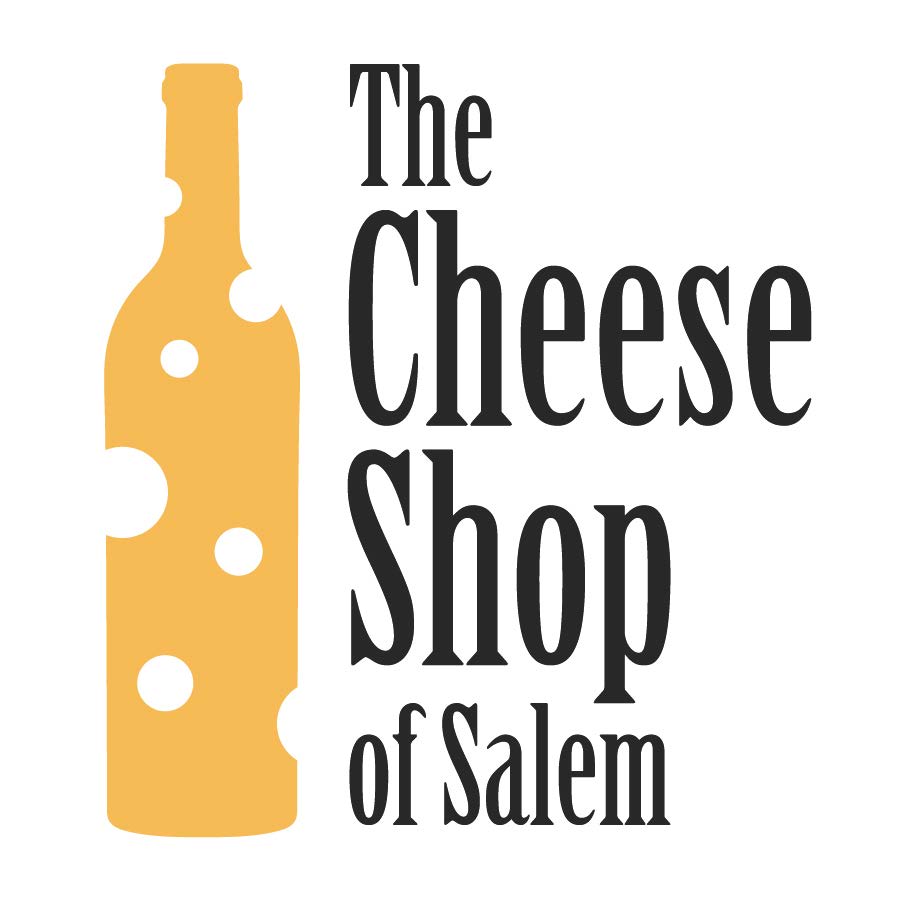Everything happens for a Riesling
Wrapping one’s head around Riesling is rightly challenging. The grape wears many different hats and can range from extremely dry to Willy Wonka-level sweet, like in Eiswein. It was first grown in Germany, and is one of the most ancient grape varieties in the world – the earliest written record of Riesling is from 1435! In the late 19th century Riesling had become so sought after that it was exclusively served to royalty and was even more expensive than Bordeaux wines and Champagne. Different styles of Riesling have fluctuated in popularity throughout the centuries but its reputation has oscillated particularly dramatically in the past century.
Until the 1930s, dinner table Rieslings ranged from dry to slightly sweet. World War I and II changed everything: vineyard workers were called to battlefields and vineyards were destroyed by bombs. After WWII, the German government tried to reinvigorate the economy by utilizing new technology to mass produce their wine while also adding tons of sugar. After years of sugar rationing during the wars, the world was craving sweet wines, thus sweeter Riesling became increasingly popular from the 1950’s through the 1980’s. In more recent years, however, some winemakers have started to focus on quality and small production, creating wines that express Riesling in all its varying forms.
Carl and Petra Ehrhard
We’re super excited about Carl Ehrhard’s ‘Frau Ehrhard’ Natürlich Riesling. Founded by the Ehrhard family in 1815, Carl and Petra Ehrhard run 22 organic acres of Riesling and Pinot Noir spread throughout six prime vineyards around the town of Rüdesheim in the Rheingau region of Germany. ‘Frau Ehrhard’ Trocken Riesling boasts a little funk, and is full of wild spice and bright stone fruit. The label is a friend’s drawing of Petra with Carl and Petra’s three daughters in the background of mom’s cocktail hour. Petra was a fashion designer before entering the world of wine, hence her sassy suit.
Trocken means dry in German, while feinherb or halbtrocken mean that there is at least some sweetness to the wine. When you’re buying German Riesling it’s important to remember that sugar levels in the final wine do not indicate the ripeness level of the grape at the time of harvest. The German classification system, Prädikatswein, indicates the ripeness levels of grapes at harvest. You may see German wine labels with the terms Kabinett, Spätlese, Auslese, Beerenauslese(BA), Eiswein and Trockenbeerenauslese (TBA). These terms indicate when the berries were picked; more hang time on the vines allows the Riesling berries to become riper and thus sweeter. They begin to lose water through evaporation, further concentrating the natural fruit sugars. A winemaker may decide to harvest berries late, but not necessarily make it into a sweet wine. And this is the fun part of Riesling; it can be both dry and sweet. Not all grapes have this amazing versatility.
Antoine Kreydenweiss and his horse
Today Alsatian borders may lie within France, but culturally Alsace is very German. The 2018 Marc Kreydenweiss Andlau Riesling hails from the epic Alsatian producer, Marc Kreydenweiss, whose son Antoine Kreydenweiss runs the operation. We had the pleasure of meeting Antoine and his assistant winemaker Maarten van Beurden over Zoom a few weeks back and their passion for winemaking emanated through the screen! Antoine oversees 13.5 hectares of vineyard, including 3 Grand Crus of Andlau: Wiebelsberg, Moenchberg and Kastelberg. Instead of machines in the vineyard, they use a horse to help plow their sites. Employing biodynamic methods, they keep the vines free of chemicals, hand harvest the grapes, and add zero sulfur to the wines. Natural and refined, this fantastic bottling is dry and mineral driven on the palate.
Our next Riesling is from another country with a cool climate – Oh, Canada! (Fun fact: Riesling is actually grown on all seven continents, even Antarctica!) Francois Morissette is making exuberant, raw wines in a small corner of Ontario. After spending years in Burgundy learning winemaking, Francois returned to Canada to venture onto his own path along with his founding partner, Mel Pearl, a developer in Toronto. The duo now own a fine dining restaurant and two vineyards, both of which are farmed organically. Their 2017 Pearl Morissette 'Irreverence' Blanc is a blend of Riesling, Gewürztraminer, and Chardonnay, offering an energetic combination of floral notes, stone fruit, stoniness, salt, and funk. It tastes dry, yet smells sweet, and finishes with elegance and electric acidity.
Francois Morrisette
Shop our website and get Riesling shipped right to your door! If you don’t see what you’re looking for, or would like curbside pickup, please call us at (978) 498-4820 or email wine@thecheeseshopofsalem.com. We’ll hook you up!







